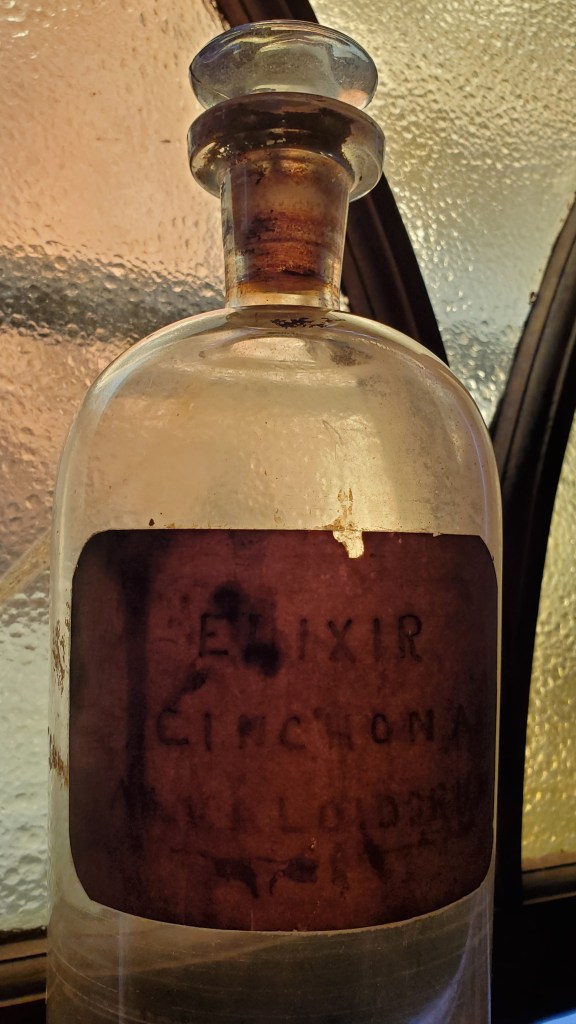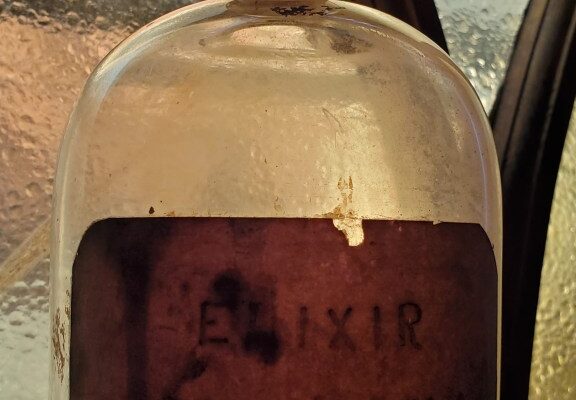
The moral model of addiction is alive and well in the United States of America. Viewers of the Hulu series Dopesick learned something about this in episode four. It featured Purdue Pharma executive Dr. David Haddox. He is infamous now. He helped fabricate a condition called Pseudoaddiction. He did so to help Purdue Pharma sell oxycontin to people dying from addiction. I saw him at work up close and personal. I saw him selling these lies with my own eyes right here in Pennsylvania over five years ago.
Essentially, the concept is that if a person shows up in a doctor’s office presenting like they are addicted, they actually have undertreated pain and need more oxycontin, give them more oxycontin. Only drug addicts become addicted, normal people can’t get addicted, only morally flawed persons who decide to become addicted get addicted. This is vile and false, but of course it is accepted, it fits into the moral model that most Americans (including physicians) still have that “those people” are not like the rest of us.
This journal review on it noted that “Pseudoaddiction is a quarter-century-old concept that has not been empirically verified. Although no evidence supports its existence as a diagnosable clinical entity with objective signs and specific treatments, the term is widely accepted and proliferated in the medical literature as an “influential educational concept commonly used in pain management lectures” resulting from the “remarkable influence” of one case report.” A lie told once fitting a false narrative that people hold to be true is far more powerful than an uncomfortable fact told a thousand times. This is how human bias works.
Our societal discriminatory views on addiction were harnessed to make the Sackler family Billions of dollars (that they get to keep with immunity from future legal action) while the economic impact of what they did passed the Trillion dollar mark in 2017. They fed our biases and decimated our communities. We bought it hook line and sinker because of our own views that addiction is a moral flaw and not a medical condition. There is no way that what they did could have worked in a society that saw addiction as a legitimate medical condition to be concerned about. They leveraged America’s ignorance to make money.
I had a front row seat to see Dr J. David Haddox and his nefarious bag of tricks. We both served on a Pennsylvania state work group examining the impact of the opioid epidemic on the state of Pennsylvania. He usually sat directly across the room from me. He had a wardrobe that looked like it cost more than my car. His tailoring most likely did cost more than my car.
When we would suggest things like regular screening for addiction in general medical practitioner settings, he would say things like it was just one of many things a doctor could ask about but simply didn’t have time to do. He said it might make sense to ask every parent if their kids wear bicycle helmets, but doctors don’t have time to ask all those questions. He said this even as what his company peddled to those same children was addictive oxycontin. Prescribed to kids when they fell off those bikes and broke arms. Many of those same children later died of overdoses. If you ask how these former Purdue executives sleep at night, the answer is on the highest thread count Egyptian cotton sheets that money can buy.
I recall the unglamorous work of trying to press back against Haddox’s agenda. The claim that oxycontin was safe. The problem was that drug addicts were different from regular patients. Morally flawed people. Vile, false, and entirely believable in a society steeped in ignorance about addiction and recovery. As the report was in final preparation mode, I recall Haddox submitted a bunch of quotes and citations claiming that the addictive nature of oxycontin was overstated. I worked on this before my other duties in the early morning hours and at night after all the other tasks were done. I remember sitting in my living room chair looking at citations and quotes he had cherrypicked out of the journals to make it look like oxycontin was safe. My wife asking me when I would be done with work and me feeling guilty, she was a work widow as I toiled away against the clock and an army of corporate resources he had at his disposal. I would find his citations and discover that those same studies told a much different story on more careful examination. I tried my best to nullify his dirty work for Purdue Pharma. Outgunned as usual, but not defeated.
There is this thing called Hitchens Razor, coined by the late Christopher Hitchens. It holds that “what can be asserted without evidence can also be dismissed without evidence.” The body of evidence demonstrating that addiction is a medical condition with risk factors and treatments we should pay better attention is overwhelming. The sad truth is that Hitchens Razor is not what we use when we address addiction in the United States, the operant rule is closer to that of “truthiness” coined by Stephen Colbert. Truthiness is that which is not true, but which feels or sounds true without regard to the evidence.
Addiction and truthiness walk lock step in our society. We deal with addiction not from a basis of fact and objective science but from a position of ignorance, simply because we hold that drug addicts are not like other people, they are morally flawed. Truthiness in action.
We will not get anywhere we need to go without more fully addressing these deep societal biases we hold against addiction and those who experience it. People like the Sackler’s and Dr Haddox profit off of our destruction when we allow them to leverage our societal biases in this way. It must end. America needs to take a hard look in the mirror. “Those people are our people.”
One of things I am most excited to be involved with is a groundbreaking project examining stigma. One of our partners, RIWI who works with groups like the US State Department, the CDC and the World Health Organization just issued a press release on our collaborative work and a presentation we did at the fourth annual PRO-A Leadership Dinner. For the first time ever, we have an innovative data collection process that can be used to examine stigma and explore how to change public perceptions using granular data on what people believe in respect to addiction and measure it in near real time. This can inform data driven strategies to shift those perspectives and move America out of the moral model into a science driven view.
We need to get beyond truthiness and closer into the realm of Hitchens Razor. Many lives depend on it. I will continue to try to be part of the solution. Sitting on the sidelines while people die would be unbearable.
I hope you will do so too.
